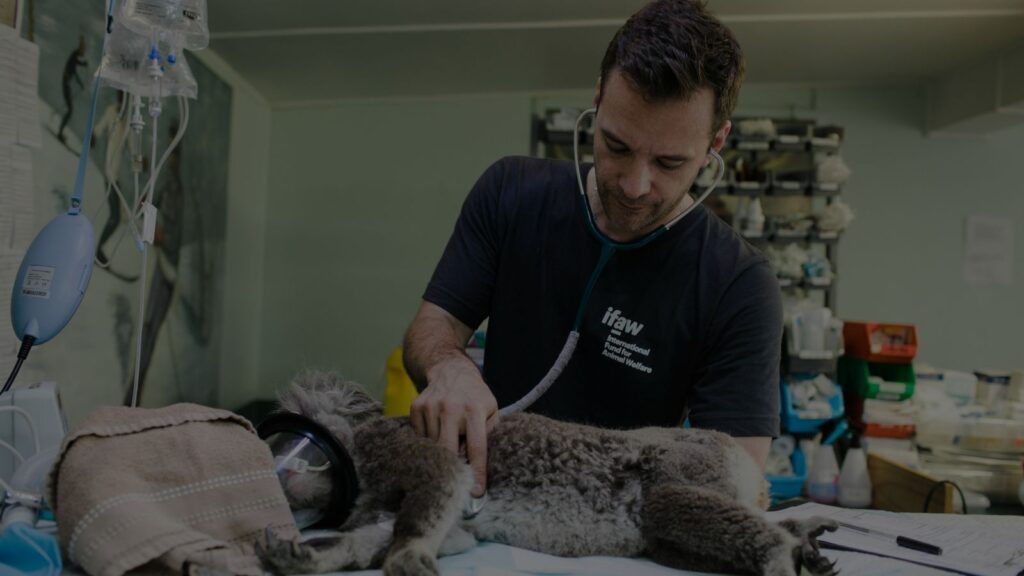Understanding Taxability of Animal Medications
If your veterinarian clinic has been selected for a sales tax audit by the Georgia Department of Revenue (GDOR), then you should know that the human rules of consumption do not apply to animals.
Georgia, like 47 other states, does not charge sales tax on pharmaceuticals and prescribed medication for humans. For example, you do not pay sales tax on your flu shot at Walgreens. However, that same rule does not apply to animals receiving similar vaccines.
Document Preparation for Sales Tax Audit
How to Prepare Your Documentation
Assume you are administering Vaccine A to a dog. Vaccine A is fully taxable. If you are not charging sales tax on the vaccine, the GDOR is looking to determine whether or not you have collected sales tax on that product.
- If sales tax was collected, the investigation ends.
- If sales tax was not collected, the next level of scrutiny begins.
Composition-Based Tax Tracing
Let’s say Medication B and Medication C are combined to make Vaccine A.
- If sales tax was paid on Medication B and C at the time of purchase by the clinic, the investigation ends.
- If no sales tax was paid on Medication B and C, and no tax was collected on the end product (Vaccine A), then the GDOR will demand payment of sales tax on the entire sale price of the vaccine.
In essence, the auditor needs to trace the product back to its vendors to determine whether tax was appropriately paid at each step.
Internal Use and Resale Considerations
If an item was purchased for resale and then later used internally within the clinic, sales tax must also be paid on that item. This is another key area that auditors examine during their review.
The Audit Factor
What Is “The Factor”?
In determining the factor, the auditor will review sales and exemptions.
Formula for Determining the Dreaded Factor:
Entire 36-month audit period ÷ 6-month sample × unremitted tax for the 3-year period = Sales Tax Liability
Final Thoughts
Call our firm to represent your clinic!
Frequently Asked Questions
Are animal medications taxable in Georgia?
Yes, most animal medications are taxable in Georgia. Unlike human prescriptions, which are typically exempt from sales tax, similar medications for animals are not. This includes vaccines and other veterinary pharmaceuticals.
What documentation should veterinary clinics keep for sales tax audits?
Veterinary clinics should maintain detailed purchase and sales records for all medications and vaccines. Documentation should include invoices showing whether sales tax was paid at the time of purchase and records of whether sales tax was collected at the time of sale.
What happens if sales tax is not collected on a taxable animal medication?
If sales tax is not collected on a taxable medication, auditors will investigate whether the clinic paid tax on its components. If neither component-level nor retail sales tax was paid, the clinic may owe tax on the entire retail price of the product.
How does internal use affect tax obligations?
Items originally purchased for resale but later used internally by the clinic are still subject to sales tax. If this usage is not properly documented and taxed, it may trigger a liability during an audit.
What is the “factor” used by the Georgia Department of Revenue in audits?
The factor is a multiplier used by auditors to estimate total tax liability. It is calculated by extrapolating findings from a sample period over the full 36-month audit period, potentially increasing the total amount owed significantly.

